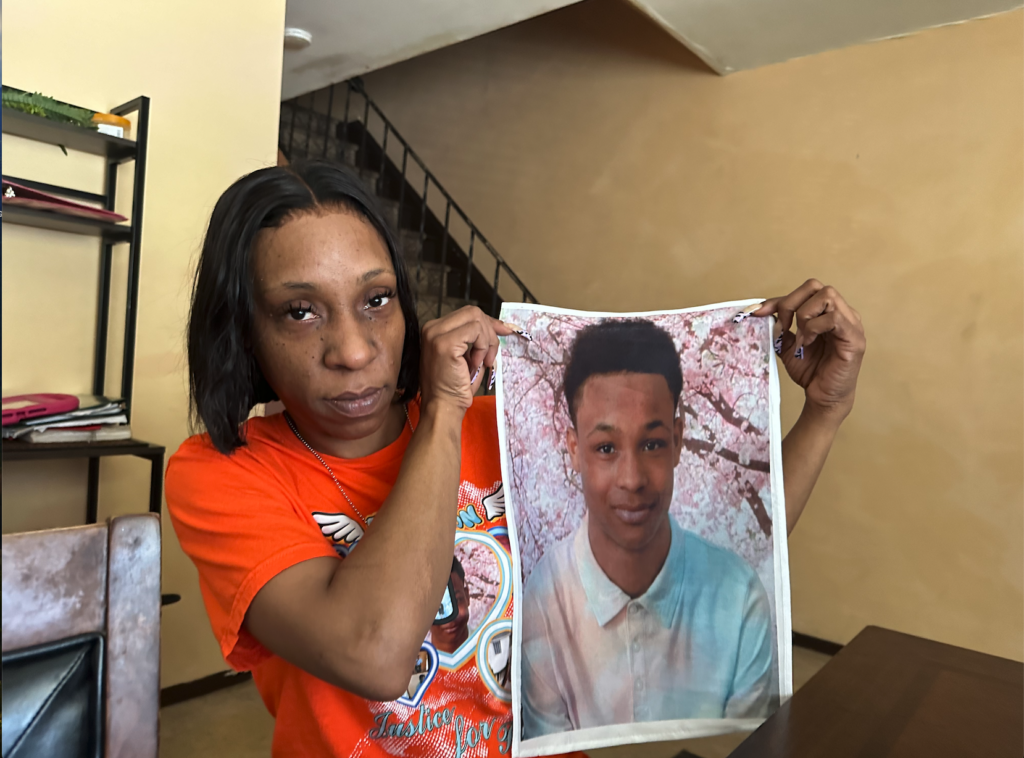Dispute between LIPA, Riverhead Town on PILOT payments leaves special taxing districts short of money

Special taxing districts in Riverhead Town have been unable to receive money they are owed this year from the Long Island Power Authority as the electric utility and town remain at a stalemate on how to distribute funds.
The Town Board discussed the issue at Thursday’s work session, and were unable to come up with a solution, as board members and the town attorney agreed the issue requires input from outside counsel, which was not present. The issue stems from LIPA seeking a consolidated bill from the town for payments in lieu of taxes, which the town so far has been unwilling to provide.
Charles Thomas, chairman of the Jamesport Fire District, said he was representing all the fire districts in the town at the work session.
“We did what we were supposed to do,” Mr. Thomas said, in terms of planning for a PILOT payment as opposed to direct tax payment. “We did it right and now we’re looking for the money.”
Other special districts affected include schools and libraries within the town. Bill Rothaar, the town’s financial administrator, said the current LIPA PILOT owed to the town is just under $1.5 million, most of which is the town’s general fund. He said he didn’t immediately have figures for the non-town districts, which make up a larger portion of the total bill.
Supervisor Yvette Aguiar asked Mr. Thomas how the outstanding funds may affect the fire operations. Mr. Thomas replied that the funds are part of their operating budgets.
“You can look at it any way you want,” he said. “It would not affect how any of our fire districts handle anything because we take care of everything.”
Laverne Tennenberg, the chairperson of the town assessor’s office, said historically the Suffolk County towns have made LIPA properties taxable and would send out a tax bill. However, she said those properties are exempt under public authorities law. There’s ongoing litigation between LIPA and Suffolk County on the issue, which affects the town.
Riverhead Town made those properties exempt and notified the taxing districts how much they lost in taxable value, Ms. Tennenberg said, and that LIPA would make PILOT payments instead of tax payments.
She said the issue is out of the hands of the assessor’s office.
“[LIPA] properties were made exempt and it was up to the town to determine the direction they were going to go, whether they were going to do a consolidated bill or ask the jurisdictions to bill on behalf of themselves,” Ms. Tenneberg said.
LIPA’s CEO, Thomas Falcone, wrote a letter dated May 26 to Ms. Aguiar requesting a meeting to discuss payment of the PILOTs for the tax year 2021-22.
“LIPA further believes that the Town Receiver of Taxes is responsible for the coordination of PILOT invoices and the collection and distribution fo LIPA’s payments for all the amounts owed to the various taxing jurisdictions for each parcel, in a similar manner as it does for property taxes for each parcel,” he wrote.
He again wrote a letter June 29 saying that LIPA has not heard back from the town on its request to meet and discuss the issue.
“While the parties may disagree as to the amounts due, LIPA would like to make a payment that will provide the Town and other taxing jurisdictions with the amounts prescribed under the LIPA Reform Act.”
Ms. Aguiar said there has been communication between LIPA and the town’s outside counsel, Scott DeSimone of Peconic.
Mr. Falcone wrote that LIPA is prepared to pay the same amount of of PILOTs as it did in 2020-21 “as an interim measure.”
Ms. Aguiar said at the work session that receiving that money “in the interim does not seem far fetched.”
“These districts need the money,” she said. “It seems to me that LIPA is working with us in good faith.”
Councilman Tim Hubbard disagreed.
“I’m a little leery of considering one payment to be made based on the previous payment that was made with it setting a precedent for future payments,” he said. “It’s difficult when we’re in litigation to sit up here and talk about this one.”
Town attorney Erik Howard recommended the board bring in outside counsel. He cautioned that litigation could drag on, so it could be that the Town and LIPA continue to revert back to the 2021 figure in future years.
Mr. Rothaar also agreed that outside counsel should be consulted on how to proceed on the “muddy” issue.
“I think the confusion here is because we collect tax bills, the tax receiver does,” he said. “[The tax receiver] doesn’t send out a bill. The bill is sent out based on the county warrant. That’s how she has authority to do that.”
He said he believes it is LIPA that is holding the process up, in response to a question from Councilman Frank Beyrodt on whether the county is at fault.
“They want a consolidated bill and we haven’t agreed to do that based on our outside counsel’s recommendation,” he said.
Councilman Ken Rothwell said LIPA officials are “anxiously waiting to hear from us and our outside counsel is not responding to our request.”
“We got to get this money to our districts,” Mr. Aguiar responded.








